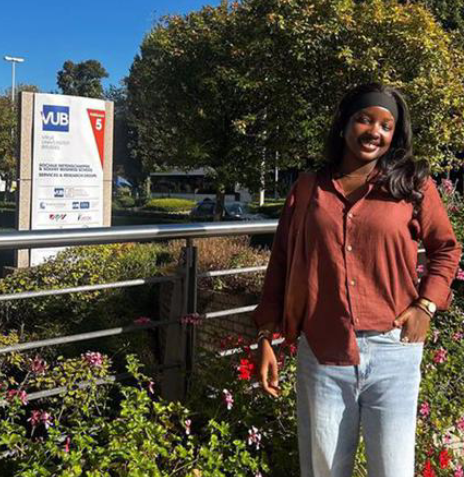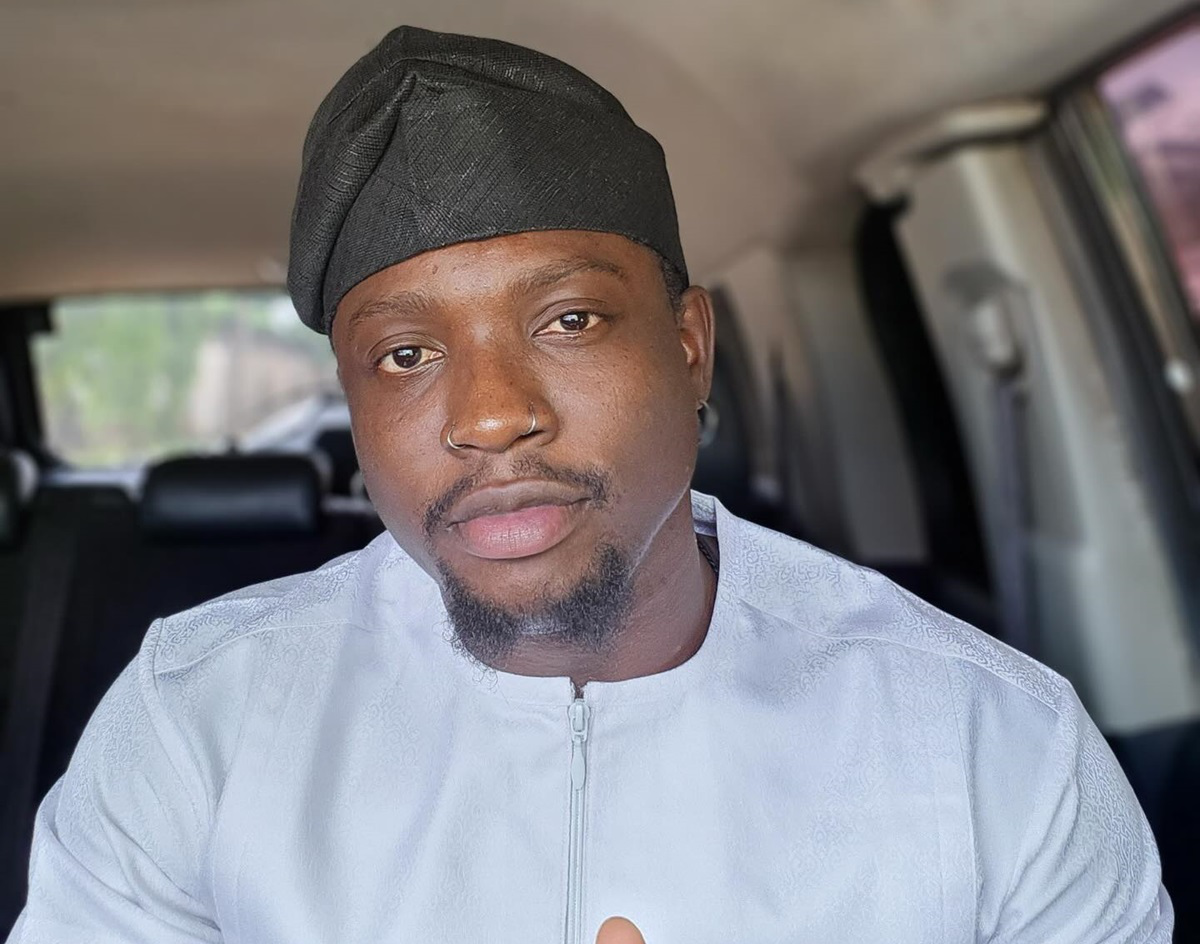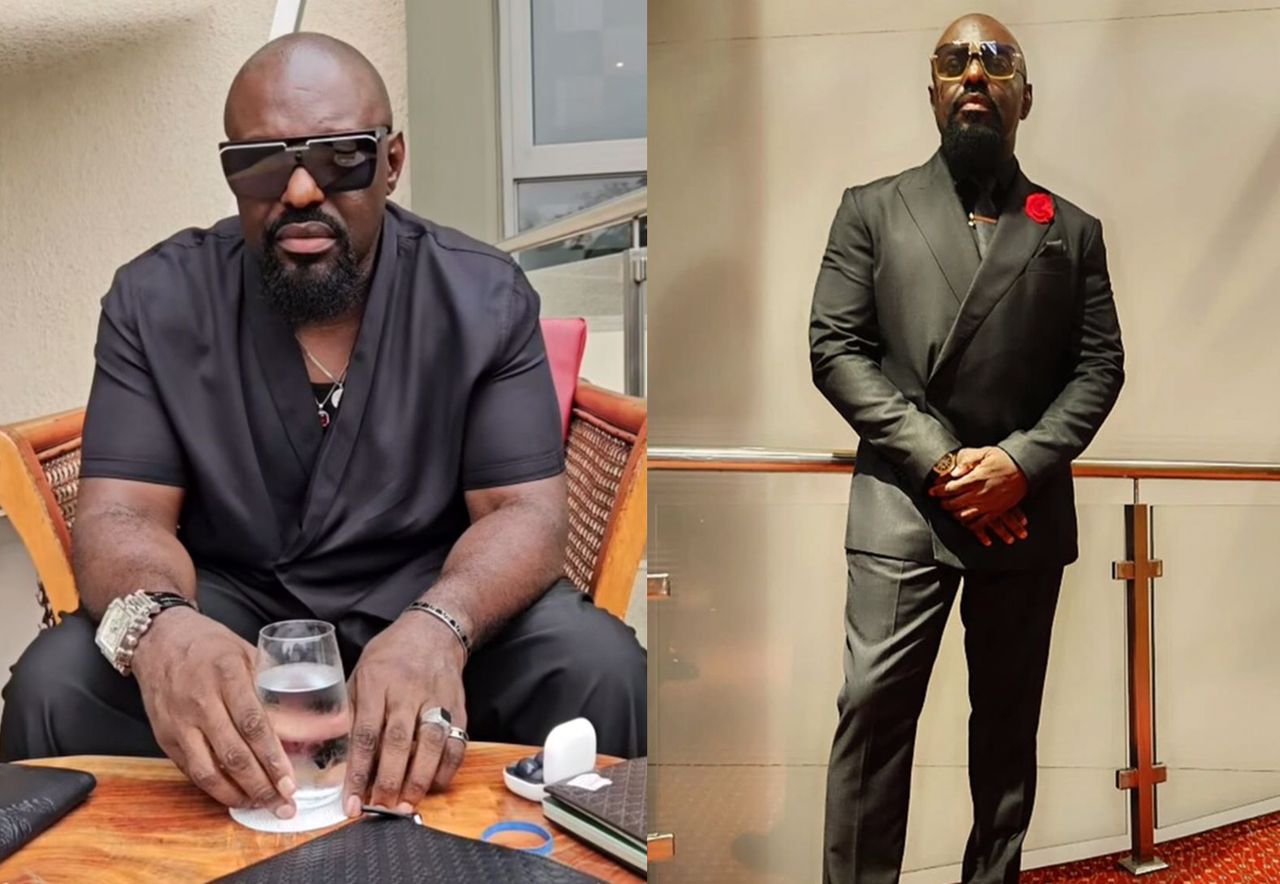
Hidden Away: Court Orders Nnamdi Kanu Moved to Secret Protective Facility After Sentencing
In a dramatic turn that has sent shockwaves across the country and intensified conversations around justice, security, and political tension, Justice James Omotosho has ordered that Nnamdi Kanu, leader of the Indigenous People of Biafra (IPOB), be moved from the Kuje Correctional Centre to a classified, highly secured protective facility.
In a dramatic turn that has sent shockwaves across the country and intensified conversations around justice, security, and political tension, Justice James Omotosho has ordered that Nnamdi Kanu, leader of the Indigenous People of Biafra (IPOB), be moved from the Kuje Correctional Centre to a classified, highly secured protective facility. The announcement, made during his sentencing, has added a layer of intrigue to an already controversial case that continues to grip national attention. The decision has ignited heated reactions, raised new questions, and heightened speculation about the circumstances surrounding his welfare, the nature of security threats, and what this means going forward.
The courtroom fell into a heavy silence when Justice Omotosho declared that Kanu would not be remanded at Kuje, a facility long known as the detention point for high-profile inmates. Instead, he emphasized that Kanu’s safety had become a significant concern, necessitating a drastic shift from standard incarceration to a protective arrangement at a yet-to-be-disclosed location. The ruling immediately sparked both confusion and curiosity, especially given the heightened political atmosphere and the many layers of controversy surrounding Kanu’s prosecution over terrorism-related charges. As the judge delivered the instruction, the expressions on the faces of those present reflected a mix of shock, suspicion, and intense speculation.
Security sources close to the proceedings indicated that the decision was driven by credible intelligence suggesting that Kanu’s continued stay at Kuje posed serious threats to his life. Although no specific details were publicly disclosed, insiders hinted at a combination of internal and external risks, ranging from potential attacks to orchestrated disruptions that could compromise facility security. Kuje, despite its fortified walls and reputation, has had a turbulent security history, including a notorious breach in recent years that exposed vulnerabilities in Nigeria’s correctional system. For many observers, the court’s decision seemed to acknowledge these security failings while ensuring that any harm to Kanu under government custody would be prevented at all costs.
However, the secrecy surrounding the new location has given rise to a wave of speculations. Some groups argue that the move is a strategy to prevent unwanted access to Kanu by supporters, lawyers, or independent observers. Others believe it might be an attempt by the government to adopt stricter control measures while shielding him from elements that could escalate the already fragile security dynamics in the Southeast. Whatever the true motivation, the decision has heightened tensions, with many insisting that transparency must remain at the heart of justice to maintain credibility.
Reactions have poured in rapidly across social media, political circles, civil society organizations, and the wider public. Many of Kanu’s supporters view the ruling with distrust, describing it as an attempt to isolate him and prevent the outside world from monitoring his condition. They argue that secrecy often breeds human rights abuses and fear that the undisclosed facility could limit access to legal counsel or medical care. IPOB spokespersons wasted no time condemning the move, calling it suspicious and demanding immediate clarification from the court and government authorities.
On the other hand, some legal experts interpret the decision as a strategic precaution designed to avoid destabilizing consequences. They point out that the government is fully aware of the national and international implications of anything happening to Kanu while in custody. According to them, keeping him in a highly restricted, undisclosed location reduces the risk of targeted attacks and eliminates opportunities for planned jailbreaks or coordinated disruptions. For these analysts, the ruling signals the court’s recognition of the unique risk matrix surrounding such a politically sensitive figure.
While the courtroom statement provided no timeline for how long Kanu will remain in protective custody, it left open a series of questions about what comes next. Will he be allowed regular access to his legal team? Will family members or international rights organizations be allowed to visit? What mechanisms are in place to ensure humane treatment, given the secrecy surrounding the facility? These unanswered questions have fueled ongoing debates and continue to dominate conversations at the national level.
The political implications are equally significant. Nnamdi Kanu remains a polarizing figure whose influence extends across communities and political landscapes. For many in the South-East, he symbolizes the fight against marginalization, while others across the nation view his methods as extreme and dangerous. Any development concerning his incarceration or trial reverberates across multiple regions, often influencing protests, triggering debates, or heightening regional tensions. This latest move, given its sensitive nature, has the potential to escalate emotions if not well managed.
Human rights advocates have quickly stepped into the discussion, demanding oversight and accountability. Groups such as Amnesty International and other local civil rights bodies have emphasized the need for transparency, warning that secrecy cannot override the fundamental rights of an inmate, regardless of the charges. They argue that protective custody must not translate into incommunicado detention, a practice widely condemned under international law. Pressure continues to mount on the authorities to provide assurance that the decision is purely for safety, not for restricting rights.
Across Nigeria, conversations reflect deep divisions. While some citizens agree that Kuje—given its history—is no longer a safe option for someone as controversial as Kanu, others insist that the secrecy raises more doubts than confidence. Many point to the fact that Kanu’s case has always carried political undertones, and any unexpected decision is often interpreted through that lens. For supporters of the government, the ruling demonstrates responsibility; for critics, it reveals an attempt to control information and avoid scrutiny.
As Nnamdi Kanu is quietly transferred away from the public eye, the nation is once again reminded of the fragile balance between national security and justice. The stakes remain high, and the unfolding developments will undoubtedly shape public discourse in the coming days. Every detail—no matter how small—will be analyzed, debated, and likely politicized. What remains clear is that this new chapter in Kanu’s legal journey is set against a backdrop of tension, risk, and heightened public interest.
The decision to remove him from Kuje and relocate him to a secretive, heavily guarded facility will continue to raise questions until the authorities offer clarity. For now, Nigeria watches closely as one of its most contentious legal battles takes yet another unexpected turn. The eyes of the nation—and indeed, international observers—remain fixed on the fate of Nnamdi Kanu as the story evolves.
Share this post
Related Posts

“Five Years, One Dream Fulfilled” – BBNaija Star Saskay Begins Master’s Journey in Brussels After Emotional Wait
Former Big Brother Naija housemate, Saskay, has shared an inspiring story of patience, resilience, and...

VeryDarkMan faces backlash over China trip as influencer accuses him of hypocrisy and $15,000 scam feud erupts
Controversial Nigerian activist and content creator VeryDarkMan (VDM) has found himself at the center of...

“A Single Mother Can’t Raise a Boy Properly” – Jim Iyke Sparks Heated Debate With Bold Statement on Parenting
Nollywood actor Jim Iyke has once again ignited controversy with his recent statement about single...